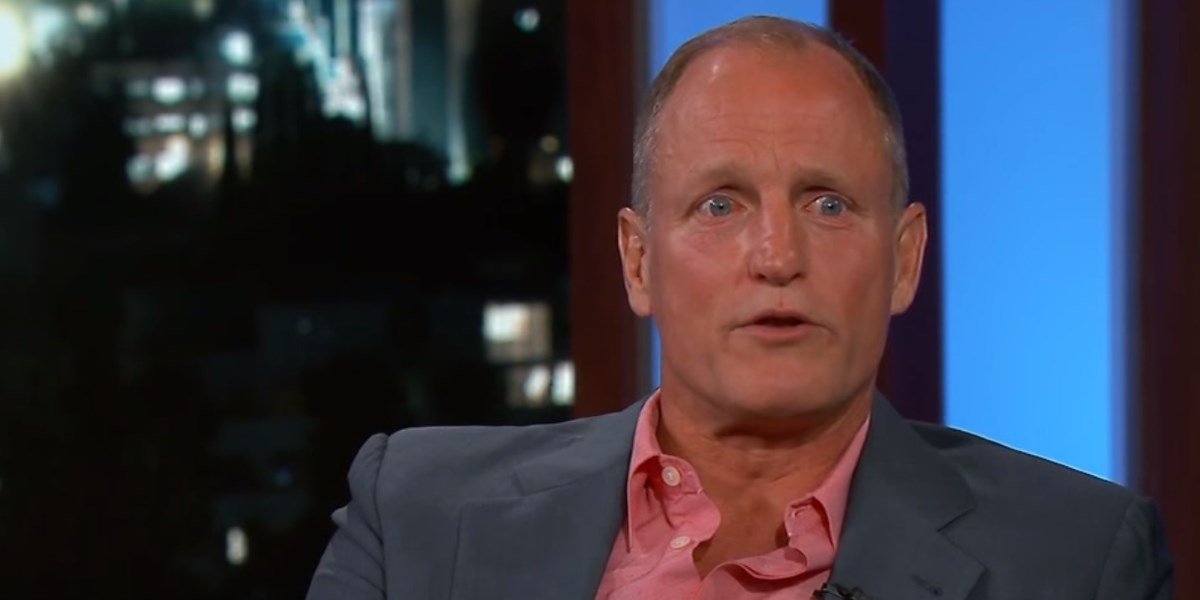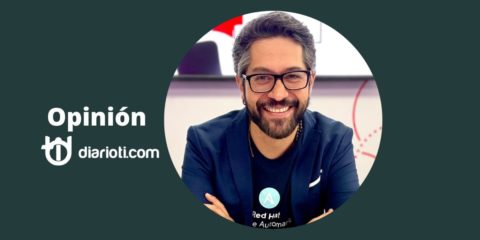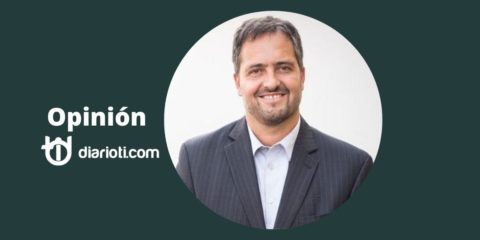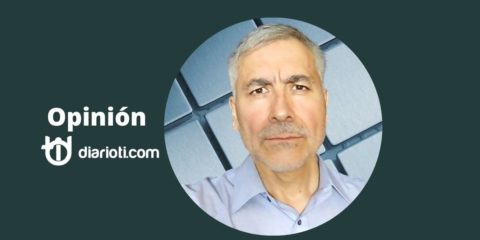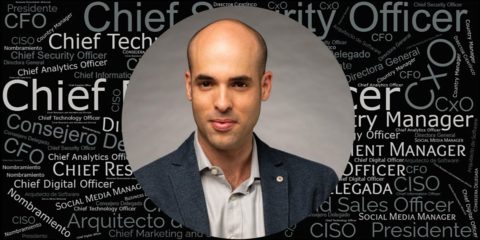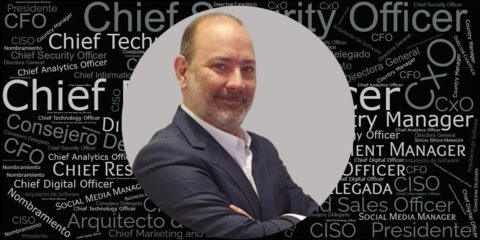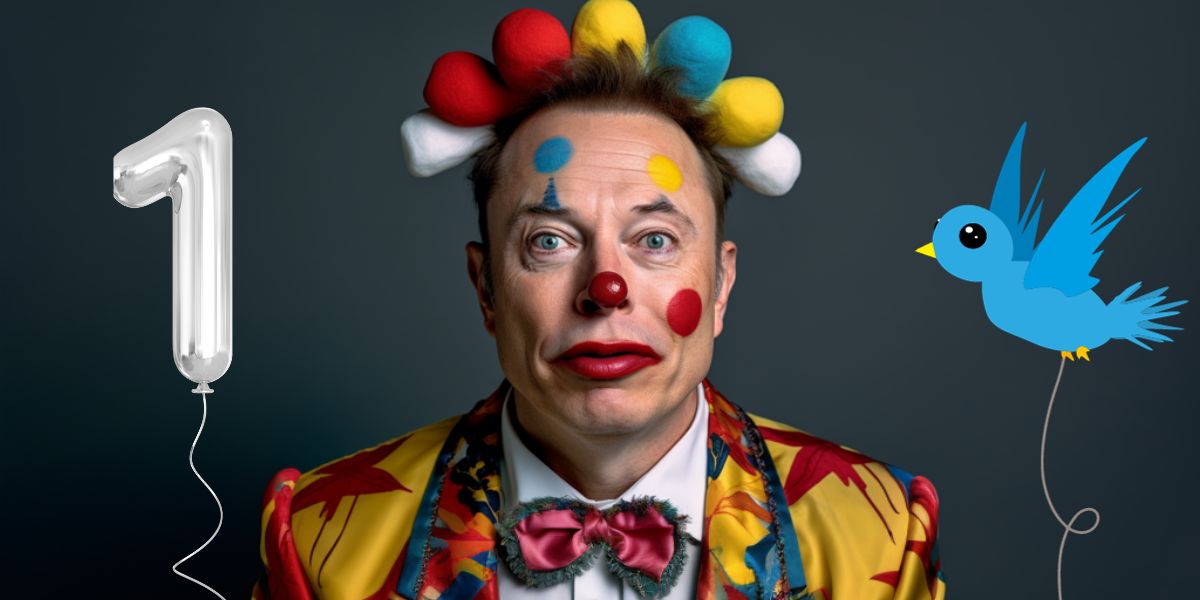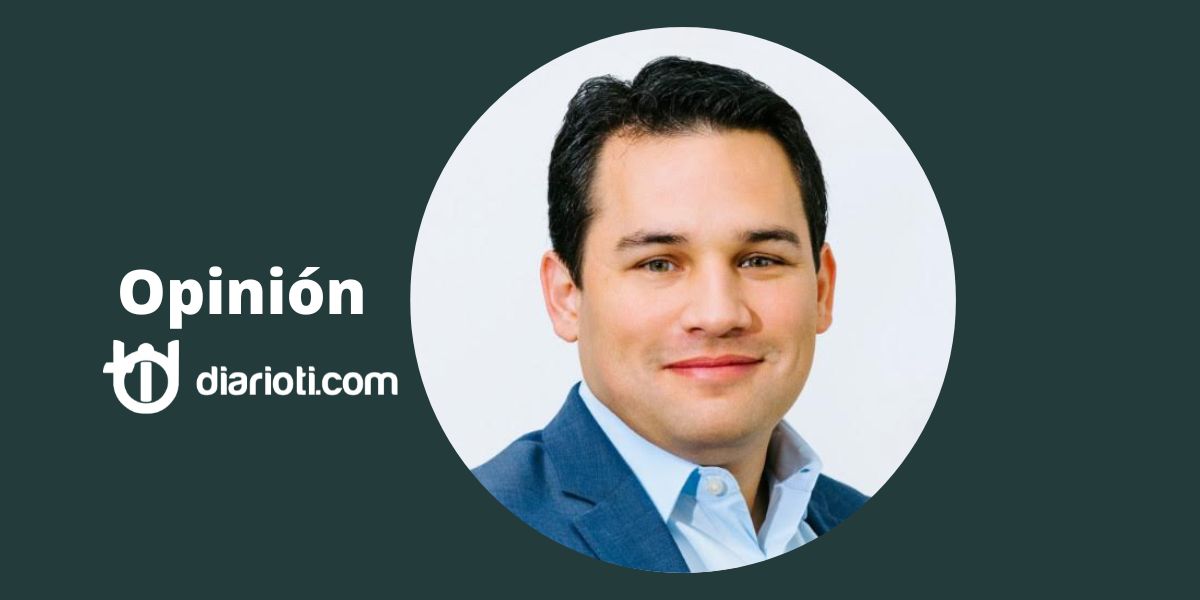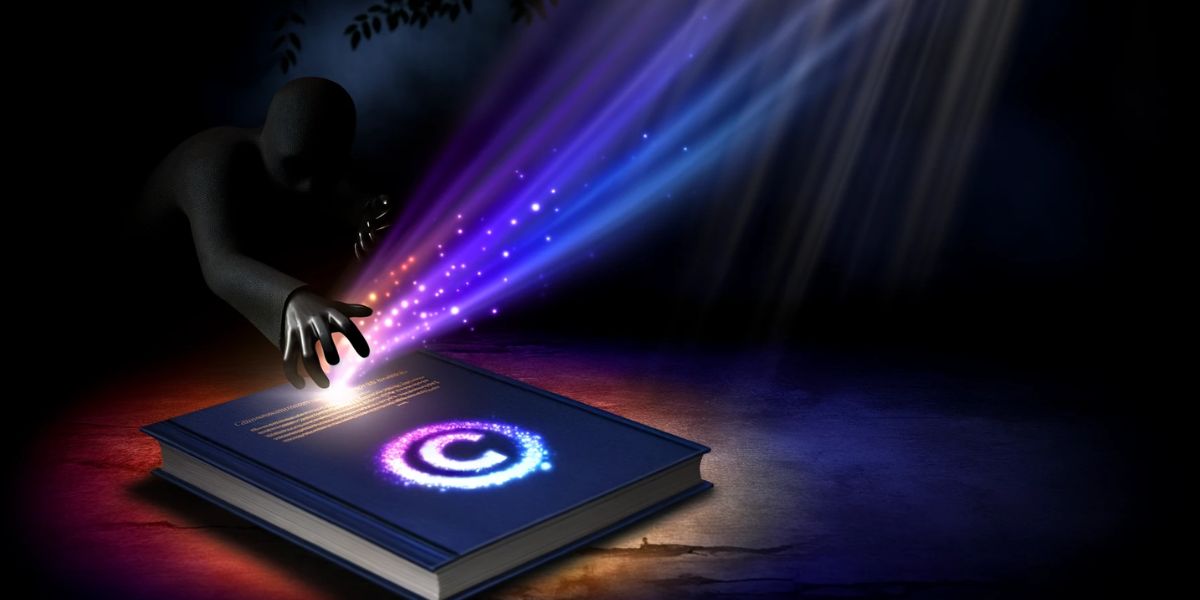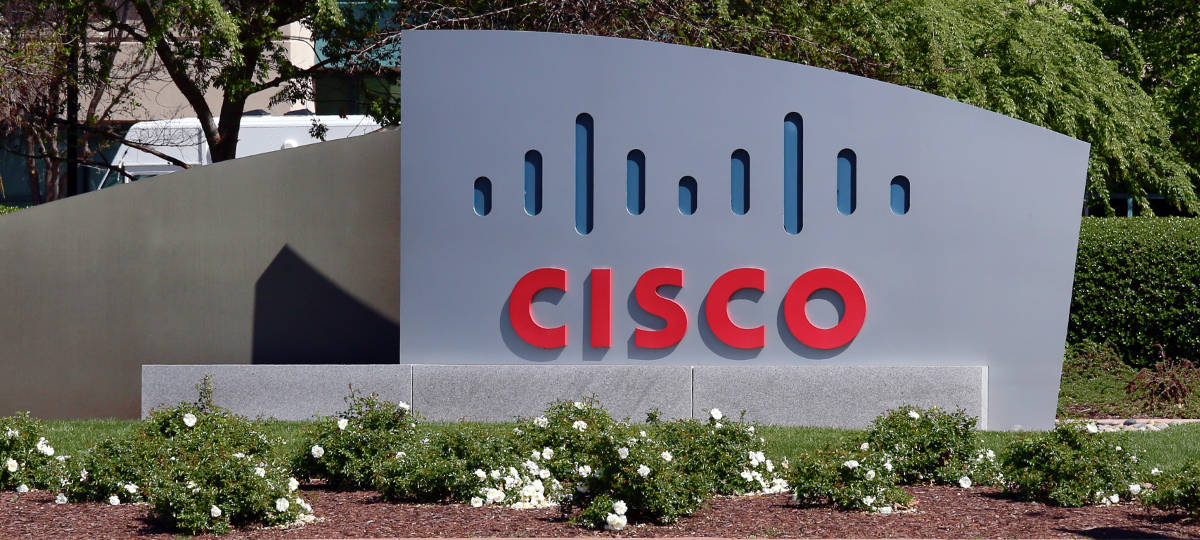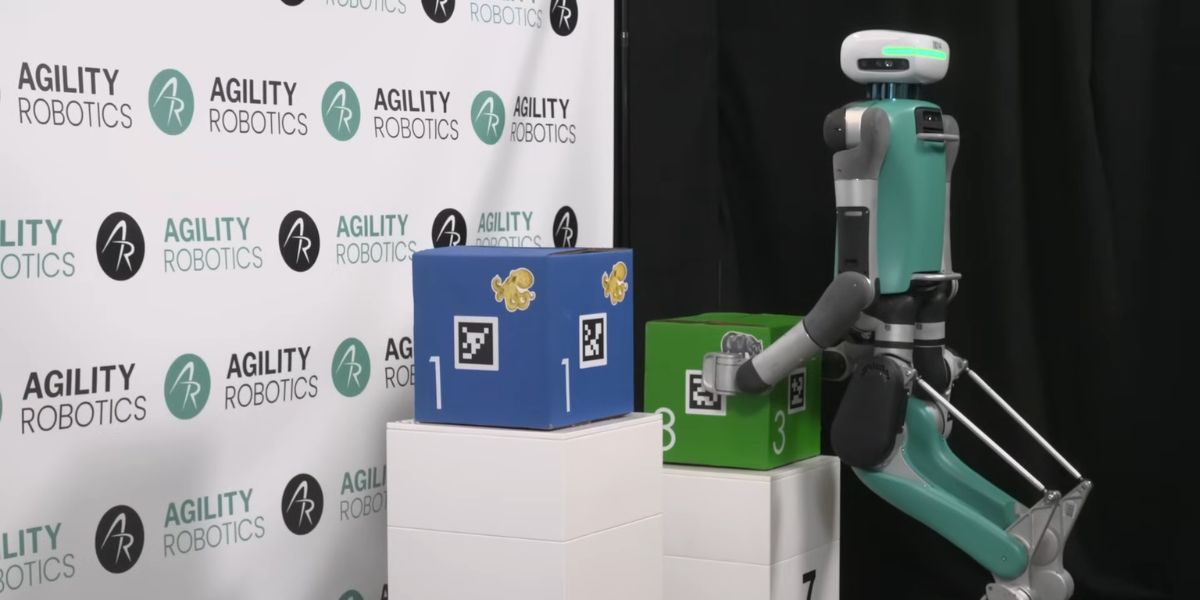The British singer Mathangi “Maya” Arulpragasam, also known as MIA, who is an opponent of vaccination programmes, has posted a series of tweets criticising engineers installing fibre broadband outside her London home while suggesting the supposed “symptoms” of being near 5G base stations were similar to those of coronavirus.
Last weekend, 5G masts were vandalised in several British cities, amid claims in social media linking the virus to 5G. In other words, the disinformation being shared by the likes of Harrelson and MIA appears to have an impact on real infrastructure.
Celebrities and politicians with large social media followings are key distributors of disinformation relating to coronavirus, according to a study by Oxford’s Reuters Institute for the study of journalism, which also suggests that fact checkers and mainstream news outlets are struggling to compete with the reach of influencers. The research found that while politicians, celebrities and other prominent public figures were responsible for producing or spreading 20% of false claims about coronavirus, their posts accounted for 69% of total social media engagement.
There is also growing concern that online disinformation could be having real world health impacts. Research by Dr Daniel Allington, senior lecturer in social and cultural artificial intelligence at King’s College London, is quoted by The Guardian saying that there is a statistically notable link between people who believed false claims about the coronavirus and people who were willing to flout the government’s social distancing guidelines.
His findings, based on an experimental study conducted in coordination with the Centre for Countering Digital Hate, found that people who said they believed coronavirus was connected to 5G mobile phone masts are less likely to be staying indoors, washing their hands regularly or respecting physical distancing.
While social media platforms have moved faster than in the past to flag disinformation about coronavirus on public groups, prominent actors and entertainers with millions of followers on Twitter and Instagram have helped fan the flames of misinformation, often reaching vastly more people than mainstream news outlets.
“This small amount of people have a wide reach for the content that they are spreading,” said Scott Brennen, a research fellow at the Reuters Institute. “The most common claims had to do with the policies and actions of public authorities, although we saw plenty of misinformation about the medical side.”
Image: screenshot, Jimmy Kimmel’s YouTube channel

